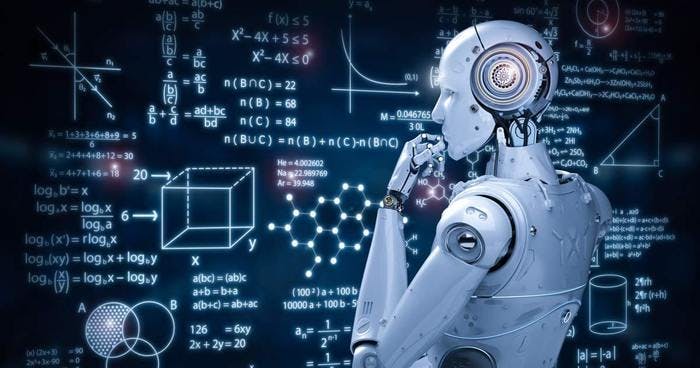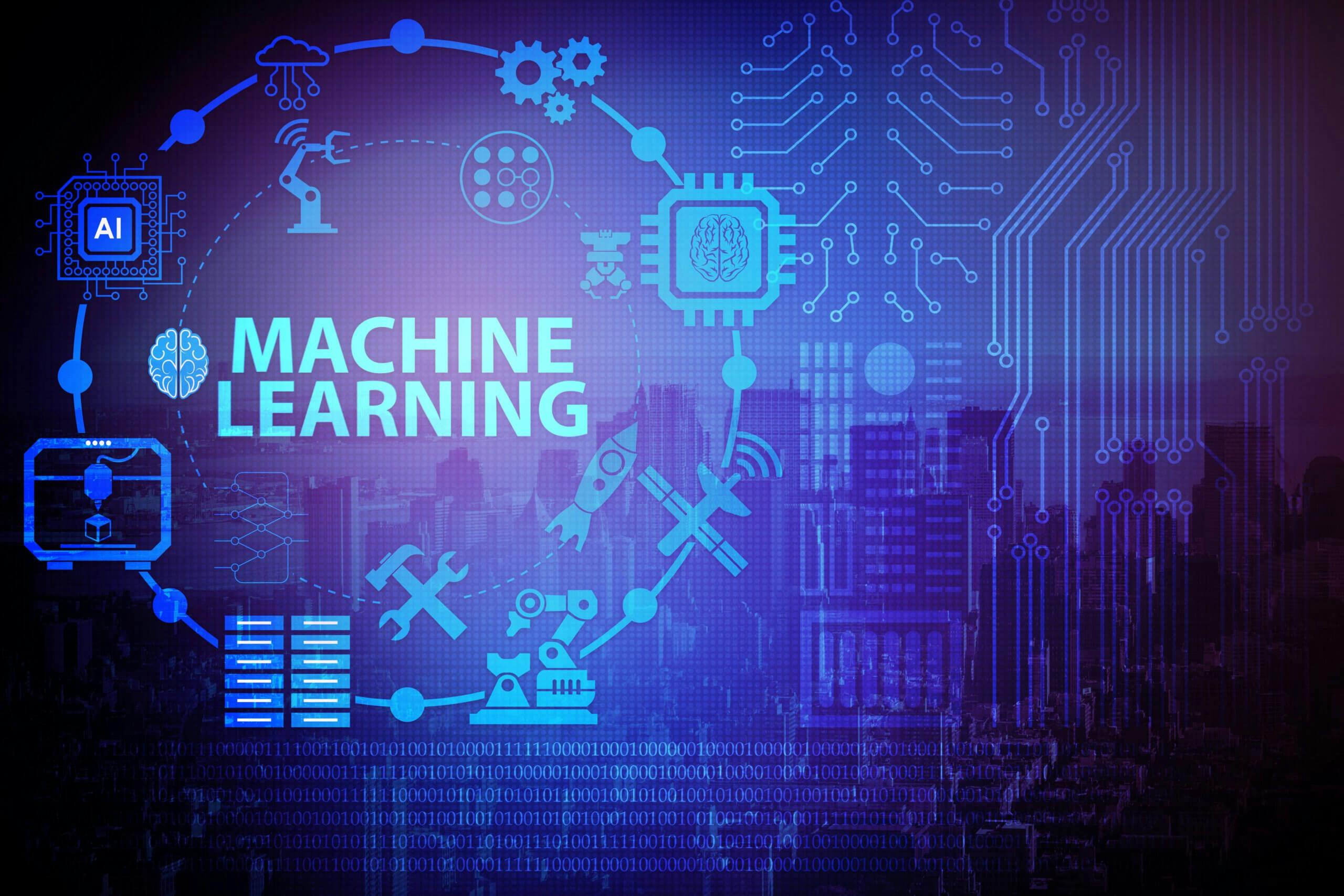Lotteries and Machine Learning Technologies: Forecasting Patterns and Marketing Strategies
How machine learning is revolutionizing global lotteries
The Lottery House
tags:
technology
machine learning

Introduction:
Since their inception, lotteries have captivated millions of people worldwide with the promise of large prizes and the chance to change their lives instantly. In recent years, lotteries have not only maintained their popularity but have also greatly benefited from technological advancements, especially in the field of machine learning. This technology, which involves the ability of computational systems to learn patterns from data and make predictions based on those patterns, is being innovatively applied to enhance both the efficiency of draws and the marketing strategies of lotteries.
The use of machine learning in lotteries is not limited to optimizing draws alone. It has also been applied to better understand player behavior, more precisely target the audience, personalize marketing campaigns, and even predict ticket sales volumes during different periods of the year. These applications have the potential not only to increase lottery revenue but also to improve player experience and draw transparency. This article explores how advanced machine learning techniques are being applied in this context, the results achieved so far, and the ethical and practical implications of these innovative approaches.
Exploration of Machine Learning Applications in Lotteries

Data Analysis and Pattern Forecasting
One of the primary uses of machine learning in lotteries is the analysis of historical draw data. Advanced algorithms can identify subtle patterns in drawn numbers over time. This includes statistical analysis to determine whether certain numbers are more likely to be drawn together or if there are cycles that can influence outcomes.
For example, in lotteries like Mega-Sena in Brazil, machine learning systems can examine years of past draws to identify number combinations that occur more frequently than expected by random distribution. While there is no guarantee that identified patterns will persist into the future, this analysis can inform players and strategists about which numbers might have a slightly higher probability of appearing in future draws.
Optimization of Marketing Strategies
In addition to number analysis, machine learning is used to enhance lottery marketing strategies. This involves analyzing demographic, behavioral, and player preference data to create more targeted and effective campaigns. Algorithms can segment the audience based on factors such as age, geographic location, ticket purchase history, and even preferences for certain types of games.
For instance, a lottery can use machine learning to personalize email marketing campaigns by recommending specific games based on each player's participation history. This not only increases the relevance of campaigns but can also encourage greater participation by offering targeted promotions and personalized offers.
Results and Benefits Observed

The results obtained from the use of machine learning in lotteries have been promising. In terms of draws, algorithms have helped identify trends that can be exploited to increase draw efficiency and improve fairness in prize distributions. While there is no guarantee of precise prediction of future outcomes, the insights gained have contributed to greater transparency and trust among the public.
In the field of marketing, the benefits are equally significant. Lotteries that have adopted machine learning-based strategies have reported increased campaign conversion rates, higher player engagement, and a reduction in customer acquisition costs. This is because more targeted campaigns tend to attract a more receptive and interested audience, thereby increasing the effectiveness of marketing investment.
Ethical and Practical Implications

Despite the benefits, the use of machine learning in lotteries is not without ethical and practical challenges. One of the main concerns is player data privacy. With increased collection and analysis of personal data for marketing personalization, it is essential to ensure that all practices comply with data protection regulations, such as GDPR in the European Union or privacy laws in other countries.
Additionally, there is the issue of fairness and responsibility. The use of algorithms to predict gaming patterns must be done in a transparent and responsible manner, ensuring that there is no manipulation of draws or undue inducement of players. Lotteries have a duty to clearly communicate how machine learning is used and the limitations of predictions made by algorithms.
Conclusion:

The integration of advanced technologies such as machine learning in the lottery sector represents a significant advancement in both operational efficiency and marketing strategies. The results obtained so far clearly demonstrate the benefits of this adoption, including more precise analysis of draw patterns, optimization of marketing campaigns, and increased transparency in operations.
However, the use of machine learning in lotteries presents challenges. Player data privacy and ensuring fairness in draws are important concerns that need to be rigorously addressed. It is crucial for lotteries to continue adopting ethical and transparent practices, ensuring that algorithms are used responsibly and that players clearly understand how their information is used.
Furthermore, the ongoing evolution of machine learning technologies requires constant monitoring of regulations and industry best practices. This will ensure that lotteries can reap the benefits of new technologies while maintaining trust and credibility with the public.
As the lottery sector moves forward, machine learning is expected to play an increasingly central role in innovation and continuous improvement of operations. By harnessing the power of data and predictive analysis, lotteries have the opportunity not only to maximize revenue and player participation but also to promote a more personalized and satisfying experience for all involved.
Thus, the challenge for lotteries is to strike a balance between responsible application of machine learning and maintaining the core values of integrity and fairness that are essential for long-term success and legitimacy in the industry.